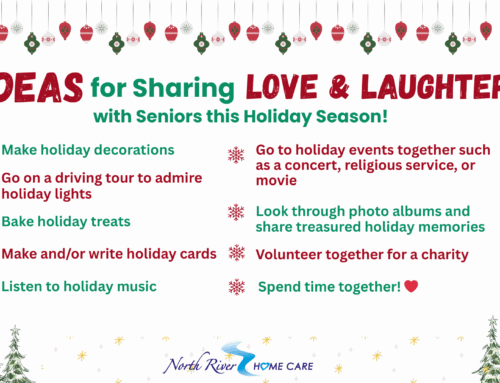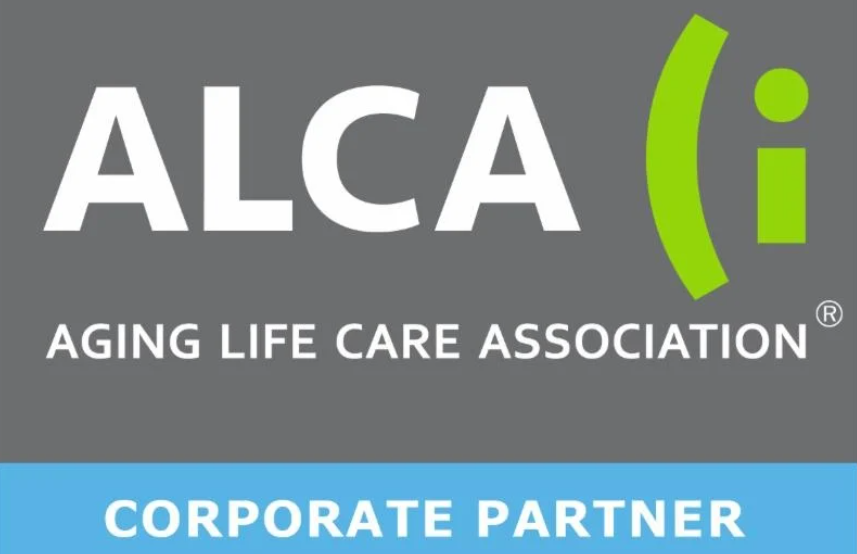Caregiving is a full-time job. That means most spouse and family caregivers work the equivalent of two or three different “positions” when you combine the demands of paid work, family life, and personal obligations in addition to their caregiving responsibilities.
According to the Caregiving in the U.S. 2020 report published by the National Alliance for Caregiving and the AARP Public Policy Institute:
- 53 million Americans are providing unpaid care for relatives and friends who are 50 years old or older
- 46% of care recipients are age 75 and older
- 54% of family caregivers are age 50 or older themselves
- 61% are employed in part- or full-time jobs outside of their role as caregiver
- The average duration of caregiving is 4.5 years, and 29 percent of caregivers have been in this role for five years or more
As a result of the physical and energetic costs of caregiving, caregivers are prone to experiencing stress-related fatigue, leading to burnout if left unaddressed. Caregiver fatigue negatively impacts personal health and wellbeing, contributes to strains in interpersonal relationships, and can also compromise the quality of care available to the care recipient.
Pay Attention to Signs of Caregiver Fatigue
If we aren’t careful and don’t pay attention to the signs of caregiver fatigue (also called caregiver stress), it can eat away at us without us even knowing it. Therefore, educating yourself on avoiding family member caregiver fatigue is essential to becoming your own advocate.
By learning to recognize the signs of caregiver stress and fatigue, you can take the necessary self-care steps to prevent complete burnout.
Signs of caregiver fatigue include:
- Difficulty sleeping
- Irritability/moodiness/depression
- Control issues (feeling like nobody else does it right, so you have to do all the work yourself)
- Overreacting to minor situations
- Trouble eating (or overeating)
- Feeling tired or exhausted all the time
- Neglecting your responsibilities and appointments
- Cutting back or canceling activities or regular get-togethers related to your own family, friends, or interests
- New or worsening health problems
- Drinking, smoking, or using more OTC or recreational drugs than before
Do any of these signs or symptoms sound familiar to you? We also recommend sharing them with your partner, children, loved ones, or close friends. While you may have lost perspective because you’re so focused on putting the next foot forward, they may be more aware that you’re experiencing caregiver burnout.
Steps to Preventing Burnout
Unsupported caregiver stress leads to complete burnout, which can range from the collapse of your health and wellbeing to the feeling that caregiving has taken the satisfaction out of your own life or that life is meaningless.
As a licensed home care agency, we witness caregiving’s toll on our clients’ spouses and family members. Sometimes, the caregiver becomes more ill or incapacitated than the original patient because fatigue leads to full burnout mode. We’re here to prevent that from happening to you.
Here are a few things you can do to take care of yourself and prevent caregiver fatigue.
Get Some Fresh Air
Getting outside is essential. Take a walk, hike, or bike ride and breathe deep. Countless studies prove the multiple benefits of spending time outdoors, from reducing anxiety and depression to improving physical health and sleep habits, all of which benefit caregivers.
We also recommend you promote physical activity in older adults so you can do the activity with your loved one. Even if you move your chairs outside for some chair exercise on the patio, it does you both some good.
Eat Nourishing Food
Time feels very elusive when you’re a caregiver. Minutes can go by like hours, and days can fly by like minutes. As a result, caregivers forget to honor basic biological needs, including eating healthy meals. Keep supplies of healthy and energizing snacks on hand. Examples include:
- Cut up veggies with ranch or hummus
- Smoothies
- Fresh soups, salads, or sandwiches from the grocery deli aisles
- Nutritious snack bars
- Nuts and dried fruits
- Fruit – whole or sliced into a fruit salad
- Yogurt and cottage cheese
Ask Other Family Members to Help Out
Remember we mentioned that one sign of caregiver stress/burnout is that you don’t feel anyone can do the job but you? That is a sign that caregiving has become an obsession of sorts, and your life is out of balance. It’s beneficial for aging loved ones to remain socially engaged with others, so remember that as you reach out to friends and family members.
Ask for help in the ways that make the most sense for you:
- Sitting with your loved one for a few hours every week so you can take a break
- Bringing meals
- Doing the shopping/errands
- Running some loads of laundry or the dishwasher
- Light housekeeping
If friends and family take a calendar and divide up the shifts, your spouse or parent benefits from mixed company while you gain hours of bonus time.
Look Into Professional Respite Care
Licensed home care agencies offer respite care services designed to support caregivers like you. We do the heavy lifting for a shift or two (or more) per week so you can recharge and take care of yourself. We can also take over longer shifts such as weekends, holidays, or full weeks so you can take a vacation.
If your family members live too far away to take you up on volunteer respite care shifts, they may be willing to help pay for part of the respite care bill, so don’t forget to ask for assistance.
Caregiver Fatigue: Make Time for Connection
Surveys show that as many as 80% of adults providing care to a parent say caregiving duties take a toll on their marriage. So it’s essential to be honest with your feelings, ask for help as needed, and do some thinking “outside-of-the-box” to find ways to spend intentional time together as a couple.
Your caregiving is a sign of your good heart. So, keep in mind that your ability to take care of yourself is the best means of taking care of the ones you love most.










